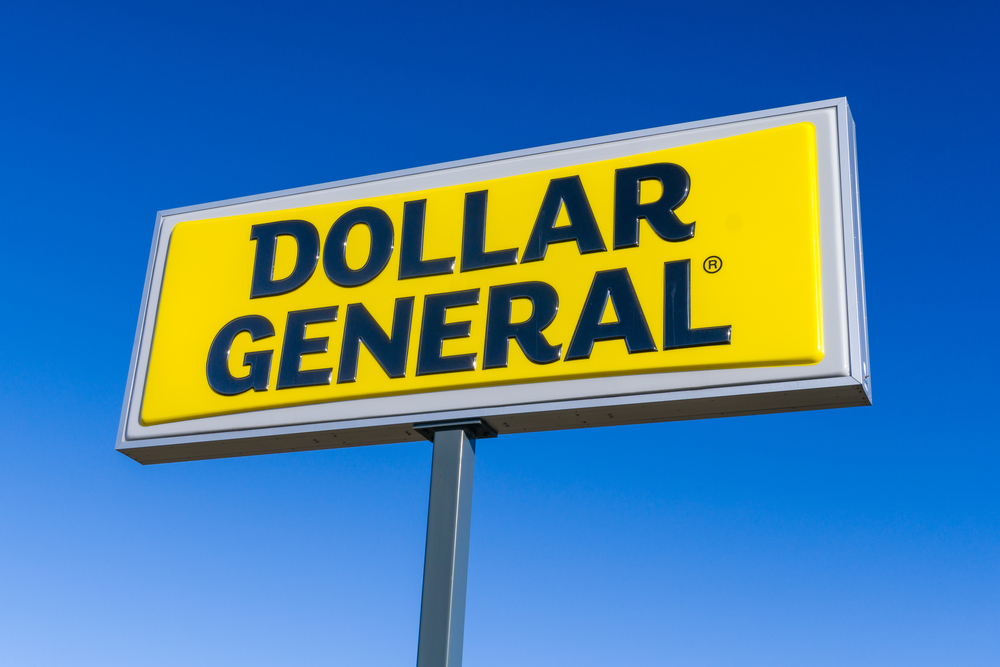In a pivotal move on April 23, 2024, the U.S. Department of Labor (DOL) shook up the landscape with its finalized rule, signaling a substantial shift in compensation thresholds for exempt employees under the federal Fair Labor Standards Act (FLSA). With over four million employees slated to be affected by these changes, it’s crucial for those overseeing or procuring commercial cleaning services to be in the know.
The Current Landscape
Under the current regulations, employees must meet three criteria to qualify as exempt from overtime pay under the FLSA’s executive, administrative, or professional exemptions:
• Fulfill specific white-collar job duties, a common practice among commercial cleaning companies employing Field Leaders/Managers.
• Receive salary or fee-based compensation, rather than hourly wages.
• Earn at least $684 per week (approximately $35,568 annually), a threshold commonly met by Field Leaders/Managers in the commercial cleaning sector, earning between $35K-$45K annually.
The DOL’s Final Rule
Following the DOL’s proposal for significant increases in compensation thresholds in August 2023, the final rule, released in April 2024, brings about two incremental changes:
• Effective July 1, 2024, the salary threshold rises to $844 per week ($43,888 annually) for white-collar exemptions. While adjustments will be necessary for many commercial cleaning companies, the impact is expected to be manageable given that many already meet or exceed this threshold.
• Come January 1, 2025, the threshold will increase to $1,128 weekly ($58,656 annually). The rule incorporates provisions for automatic updates every three years starting from July 1, 2027, based on current earnings data, with flexibility to adjust based on economic conditions.
The subsequent threshold adjustments will undeniably elevate the cost of operations for all commercial janitorial companies.
What Lies Ahead
Despite the impending effective date of July 1, 2024, legal challenges are anticipated, and changes in administration or congressional action could potentially influence the rule’s implementation, mirroring past scenarios.
Planning for Commercial Janitorial Companies
In anticipation, professional janitorial companies are proactively taking the following steps:
• Identifying exempt employees who may no longer qualify under the new thresholds.
• Estimating the additional costs associated with reclassification or salary adjustments.
• Determining appropriate actions for affected employees, including reclassification, salary adjustments, or work restructuring.
• Considering salary adjustments in stages or all at once, factoring in both the July 1 and January 1 thresholds.
• Preparing for potential payroll increases by evaluating possible cost-saving measures.
• Planning for organizational adjustments such as reinforcing work regulations and providing timekeeping training for reclassified employees.
• Remaining mindful of potentially stricter state-level regulations that could supersede federal standards.
In Conclusion
The new DOL rule brings about substantial changes, necessitating proactive planning and adaptation from all companies to ensure compliance and mitigate potential impacts on their operations. Additionally, expect service vendors to approach your company with requests for price increases to offset a portion of these costs.






